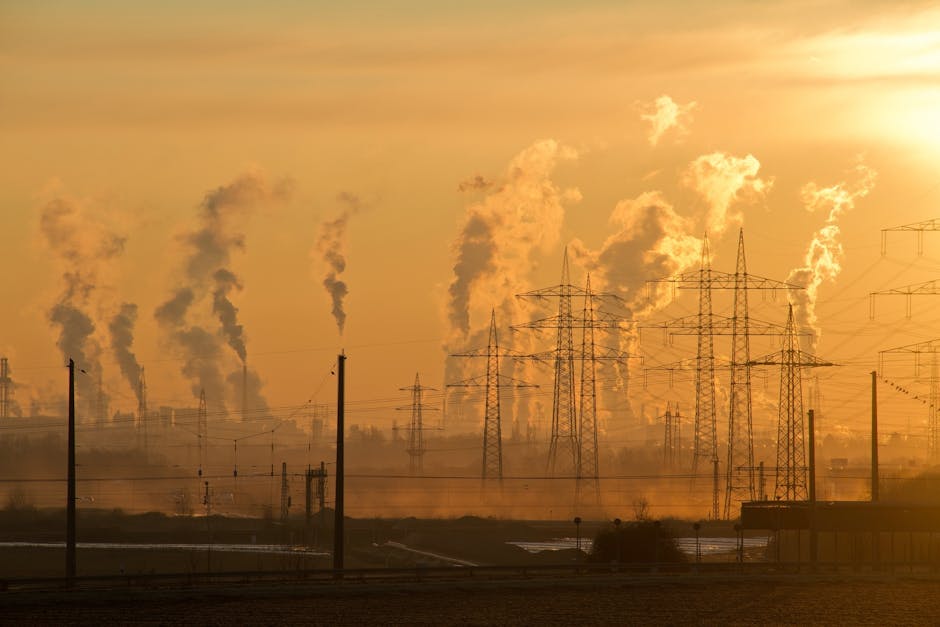Climate change, one of the most urgent issues facing our planet today, has become an unavoidable conversation. The impacts of this global phenomenon are far-reaching, affecting not only our environment but also our societies, economies, and future generations.
The primary cause of climate change is the release of greenhouse gases into the atmosphere, predominantly from human activities such as burning fossil fuels, deforestation, and industrial processes. These gases trap heat within the Earth's atmosphere, leading to a gradual rise in global temperatures.
The consequences of climate change are vast and varied. Extreme weather events, such as hurricanes, droughts, floods, and heat waves, are becoming more frequent and intense. These events cause widespread damage to infrastructure, agriculture, and human lives. Sea levels are rising due to the thermal expansion of ocean waters and the melting of glaciers, threatening coastal communities and ecosystems.
Furthermore, climate change disrupts ecosystems, leading to shifts in species distribution and extinctions. Changes in temperature, precipitation patterns, and ocean conditions impact biodiversity, affecting food chains and the delicate balance of ecosystems.
The social and economic impacts are also significant. Climate change exacerbates poverty, food insecurity, and inequality, particularly in vulnerable communities. Extreme weather events can displace populations, disrupt livelihoods, and strain healthcare systems.
Addressing climate change requires a multifaceted approach that involves both mitigation and adaptation strategies. Mitigation involves reducing greenhouse gas emissions by transitioning to renewable energy sources, improving energy efficiency, and promoting sustainable land-use practices. Adaptation measures aim to build resilience and reduce vulnerability to the impacts of climate change, such as implementing flood control systems, drought-resistant crops, and early warning systems.
International cooperation is crucial in combating climate change. The Paris Agreement, signed by nearly 200 countries, sets global goals for reducing emissions and adapting to climate change. However, stronger commitments and actions are necessary to meet these targets.
Individual actions can also contribute to addressing climate change. Reducing our carbon footprint through eco-friendly practices, such as conserving energy, recycling, and choosing sustainable products, sends a powerful message. Supporting businesses and organizations that prioritize environmental responsibility empowers them to make positive changes.
Climate change is a complex and urgent issue, but it is not insurmountable. By working together, we can mitigate its impacts, adapt to the challenges, and secure a sustainable future for generations to come. It is time to act now, before the consequences become irreversible. Remember, the choices we make today will shape the world we leave behind.

